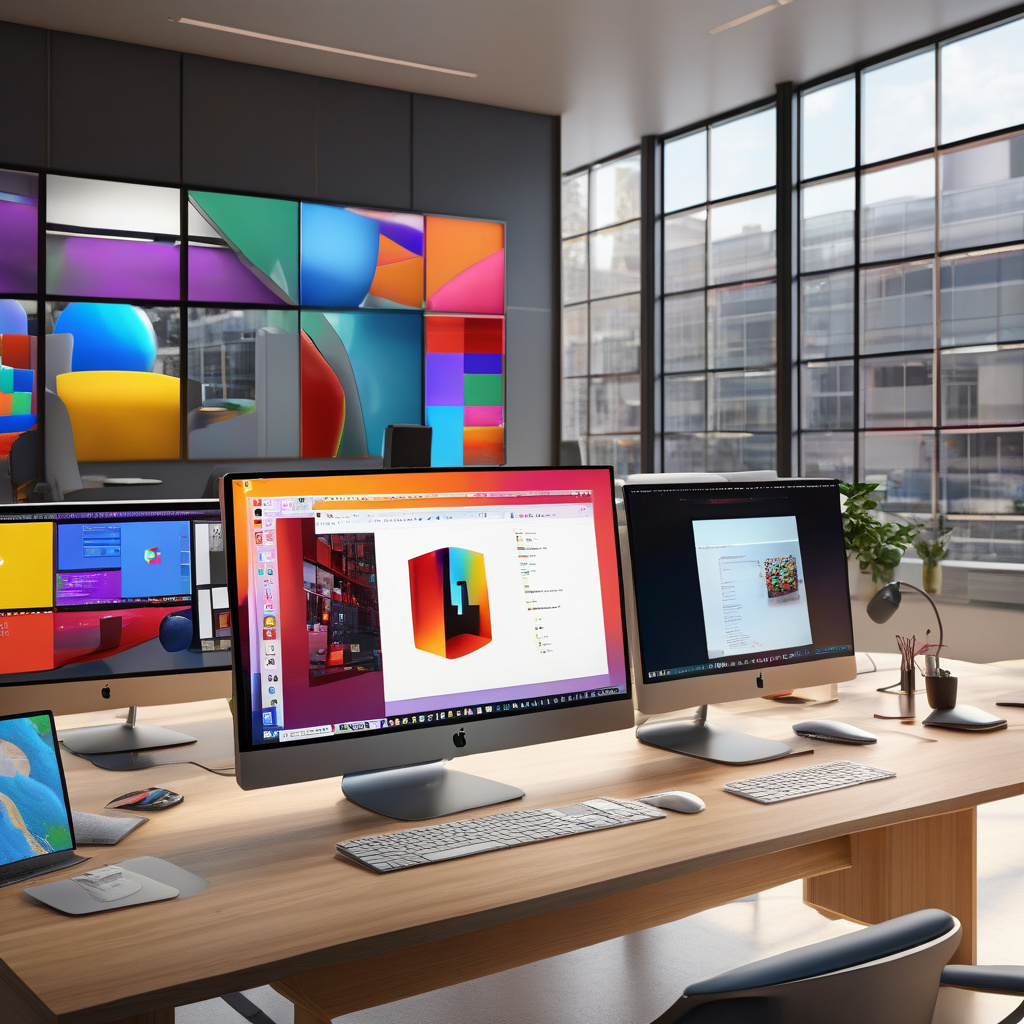Microsoft Boosts Apple and Linux with Windows 11 Upgrade Tax
In the realm of operating systems, the landscape is shifting. Windows, the long-standing titan, is facing cracks in its armor. However, this isn’t just good news for Apple; Linux is also reaping the benefits. As Microsoft prepares to levy what some users refer to as the “upgrade tax” for Windows 11, a notable migration is on the horizon. According to StatCounter data, Linux has surpassed a significant milestone, breaking the 5% barrier for desktop operating systems in the US for the first time ever.
Microsoft’s market share has been gradually dwindling, with a 13% decline over the last decade, currently standing at 63.2%. The impending Windows 11 upgrade has prompted many users to explore alternatives, leading to a surge in those considering a switch to Apple or Linux. The appeal lies in factors like enhanced privacy, the aversion to forced system updates, and the desire to retain control over personal data—traits that Linux and Mac systems are known to offer.
The rise of Linux beyond the 5% mark signifies a shift in user preferences, driven by a quest for autonomy outside the realm of Windows. As users seek alternatives that align more closely with their values and needs, the appeal of non-Windows platforms continues to grow. This trend isn’t entirely new; the diversification of operating systems is not only healthy for fostering competition but also crucial for enhancing overall digital security.
In a global context where concerns over data privacy and corporate influence loom large, the allure of operating systems like Mac and Linux becomes more pronounced. As the tech industry navigates evolving trust dynamics, the demand for platforms less tethered to US corporate interests is poised to rise. Notably, the flexibility to run Linux on Apple’s Unix-based systems underscores the convergence and competition shaping the OS landscape.
Despite the advantages of Linux in terms of data privacy, recent legal developments have cast a shadow over data collection practices, even within reputed platforms like Apple. As the world adapts to a changing technological and regulatory environment, users are increasingly conscious of the platforms they choose and the data practices they tacitly endorse.
While statistical discrepancies may cloud the precise market share breakdown, the overarching trend is clear—users are diversifying their OS preferences. As the allure of life beyond Windows beckons, 2021 presents a pivotal moment for individuals to explore alternative operating systems that resonate with their evolving needs and values.
In conclusion, the digital ecosystem is undergoing a transformative phase where user choices are reshaping the competitive dynamics of the OS landscape. As Microsoft’s Windows faces scrutiny over upgrade policies, the rise of platforms like Apple and Linux underscores a broader trend towards diversity, privacy, and user empowerment in the digital sphere.

